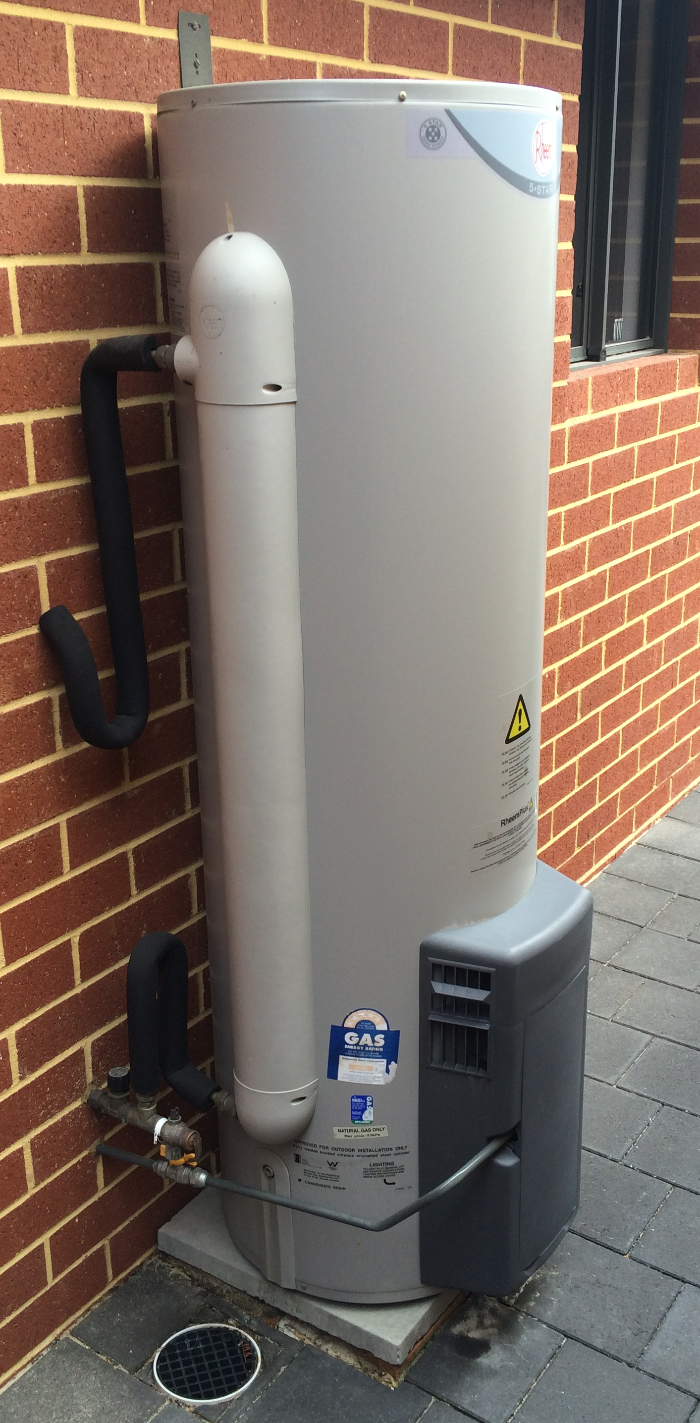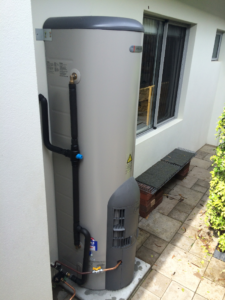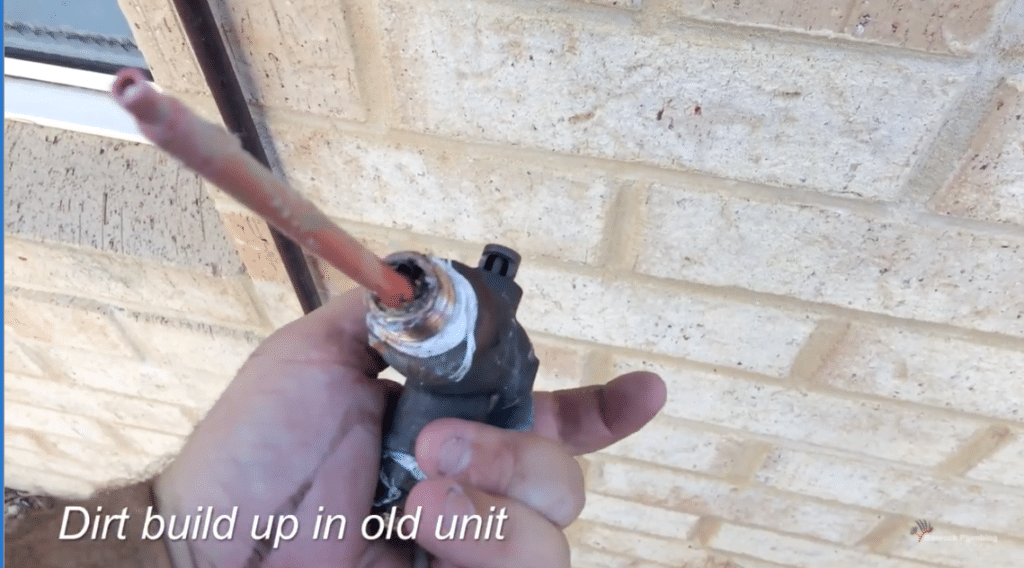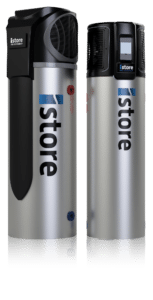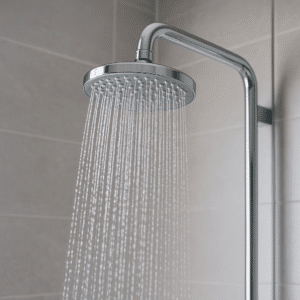How Much Does It Cost to Replace a Hot Water System in Perth? 2025
How Much Does It Cost to Replace a Hot Water System in Perth? 2025
If your hot water system has failed or is starting to show its age, one of the first things you’ll want to know is: How much will it cost to replace?
At Banrock Plumbing, we make the process straightforward, transparent, and stress-free — whether you’re replacing a failed unit or upgrading to something more efficient.
Here’s a practical breakdown of what influences hot water system replacement costs in Perth.
What Affects the Price of a Hot Water System Replacement?
1. Type of System
Different types of systems come with different price ranges:
- Heat pump systems – Efficient and modern, with a higher upfront cost but much lower running costs.
- Gas storage systems – Cost-effective for like-for-like swaps and quick to install.
- Gas continuous flow systems – Space-saving and reliable, though some upgrades may require larger gas lines.
- Electric storage systems – Simple and affordable if replacing a similar unit, but less efficient long term.
- Solar hot water systems – High installation cost and more complex servicing, but ideal for certain setups.
2. Installation Requirements
Costs may increase if your replacement involves:
- Relocating the system
- Running new gas or electrical connections
- Plumbing adjustments to meet compliance
- Removing non-compliant or incorrectly installed units
3. Brand and Model
We recommend trusted brands that perform well in Perth conditions. Our top picks include iStore, Rheem, Rinnai, and Thermann, with Vulcan, Everhot, and Dux available for more budget-conscious replacements.
4. Access to the Site
Difficult access — such as tight spaces, stair access, or steep driveways — may affect installation labour.
5. Timing
Planning a replacement before your system fails can offer more flexibility, reduce stress, and avoid potential emergency costs.
Example Price Ranges (Supply & Install)
Below are typical estimates for standard replacement jobs across Perth homes:
- Heat Pump Systems: From $3,500 – $4,995 (not including STC rebates)
- Gas Storage (135L–170L): From $1,550 – $3,800
- Gas Continuous Flow (e.g. Rinnai B20): From $1,800 – $4,800
- Electric Storage (125L–315L): From $1,600 – $2,900
- Solar Hot Water (Roof-Mounted): From $4,000 – $6,800
Note: Prices are subject to change without notice and may not always reflect current market conditions. Costs have risen more than usual in recent years due to supply chain disruptions, manufacturing changes, and broader economic factors. Contact us for the most accurate, up-to-date quote.
Getting a quote tailored to your home is the best way to understand the total cost. We’ll confirm your existing setup and talk through your preferred options.
What’s Included in a Banrock Plumbing Hot Water Replacement?
We don’t just swap out your unit — we do the job properly from start to finish:
- Removal and disposal of the old system
- Supply and installation of your new unit
- New valves and fittings installed to meet code
- Compliance adjustments where needed
- Full system testing and commissioning
- Clean, respectful service with no mess left behind
Need hot water urgently? We offer temporary hot water units to keep you going while the new system is arranged and installed.
Final Thoughts
A new hot water system is an investment in comfort, reliability, and future energy savings. Whether you need a quick replacement or want to explore more efficient options, Banrock Plumbing can guide you with expert advice and clear, honest pricing.
📞 Contact us today for a quote or to discuss the best system for your home.
